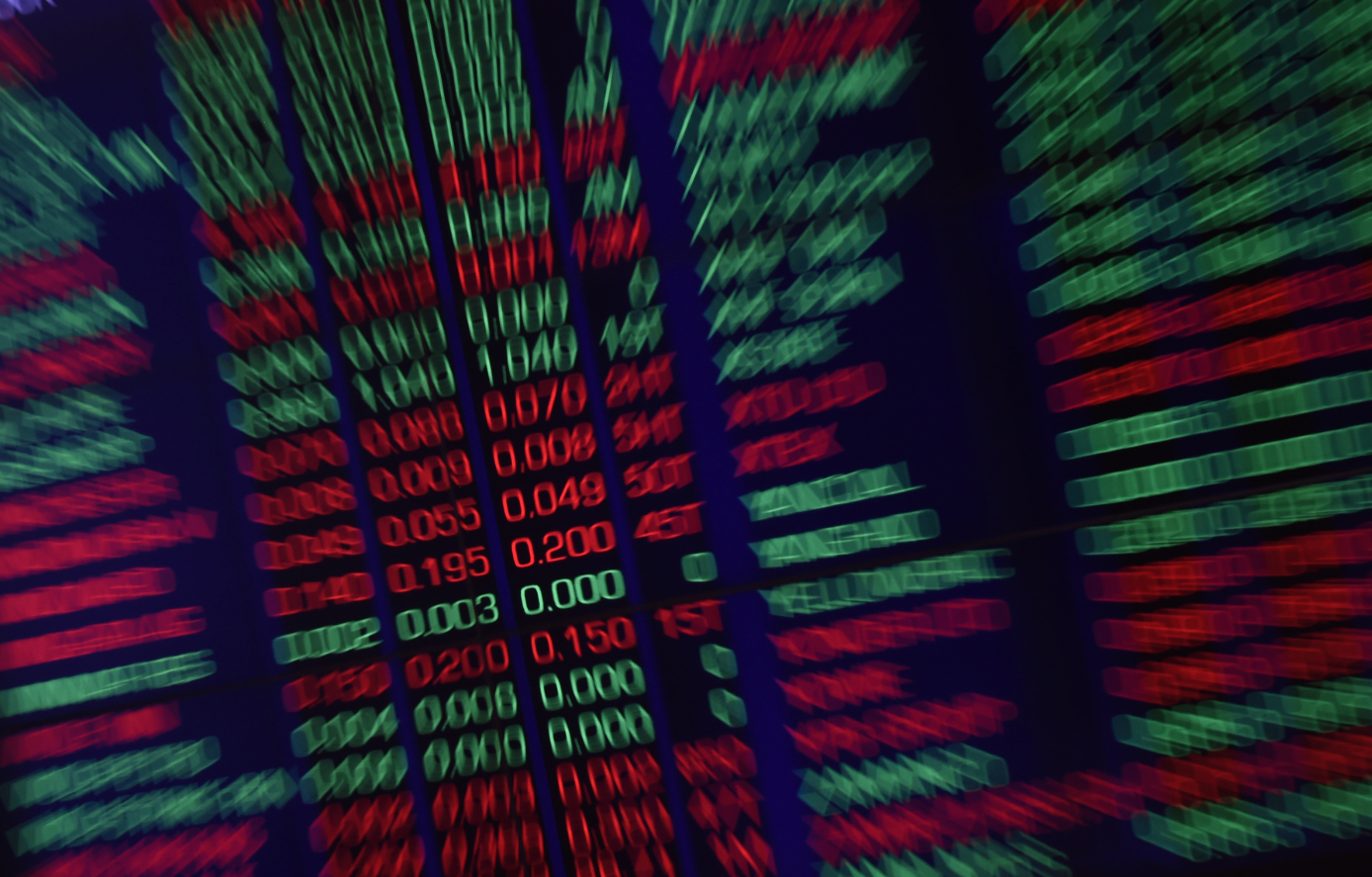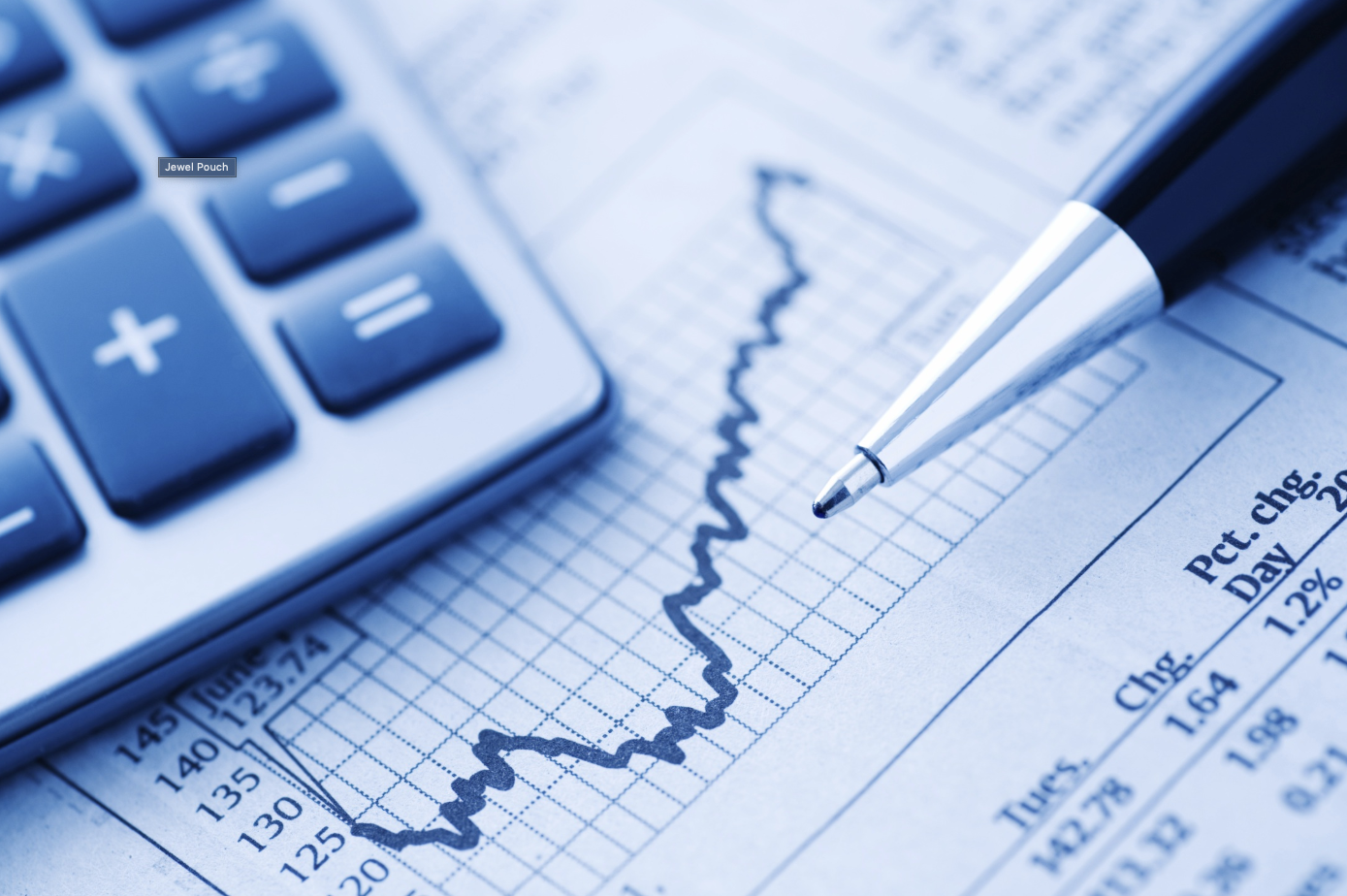Food industry lobbies against higher taxes on sweetened products, warns of price increase

THE Philippine Chamber of Food Manufacturers, Inc. (PCFMI) asked the government to reconsider the proposed tax increase on sweetened products, warning that the industry may respond with price increases.
In a statement on Tuesday, PCFMI President and Chairman Rita Imelda B. Palabyab said the proposal could also lead consumers to resort to “cheaper, untaxed alternatives” that could foster illicit trade and compromise public safety.
The PCFMI represents over 100 food manufacturers and distributors.
“The PCFMI expresses concerns regarding the discriminatory and regressive nature of the proposed tax, which may hinder sector competitiveness, reduce incomes, and negatively impact the national treasury,” Ms. Palabyab said.
“The PCFMI is calling on the government to review its plans to increase excise taxes on sweetened beverages. The PCFMI highlights the potential negative repercussions of this proposed tax and emphasizes the importance of exploring alternative interventions to promote positive health outcomes and revenue generation,” she added.
Ms. Palabyab said the proposal could also “disproportionately target the most vulnerable segments of society” apart from having an inflationary impact.
“We firmly believe that there are more effective and less disruptive ways to raise government revenue without resorting to discriminatory tax schemes,” she added.
Last month, Finance Secretary Benjamin E. Diokno said the Finance and Health departments plan to impose a P10 tax per 100 grams or a P10 tax per 100 milliliters on “pre-packaged foods lacking nutritional value” including confectioneries, snacks, and desserts that exceed the government thresholds for fat, salt, and sugar content.
The proposal also seeks to increase the tax on sweetened beverages to P12 per liter for any kind of sweetener used in production.
Republic Act No. 10963 or the Tax Reform for Acceleration and Inclusion (TRAIN) Law sets a P6 excise tax per liter on drinks using caloric or non-caloric sweeteners, and P12 per liter for drinks using high-fructose corn syrup, or any such sweeteners in combination.
The proposal seeks to address health problems such as diabetes, obesity and non-communicable diseases linked to poor diet.
Mr. Diokno said the proposal could generate P76 billion in revenue for the government during the first year of implementation, and a 21% decrease in junk food consumption. The revenue will fund projects like the government’s food stamp program.
Ms. Palabyab urged the government to consider product reformulation, reduced package sizes, data-based labeling, and expansive media and on-ground campaigns advocating balanced diets as an alternative to the tax proposal.
She cited the need for effective, revenue-generating strategies that do not obstruct economic expansion or job creation.
“While sweetened beverages taxes were initially presented as a preventive health measure to address products allegedly linked to increased rates of obesity and diabetes, no studies have yet demonstrated their impact five years since the TRAIN package was enacted,” Ms. Palabyab said. — Revin Mikhael D. Ochave




